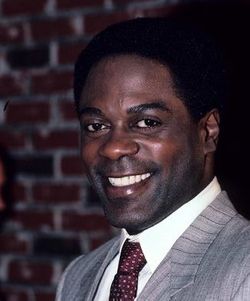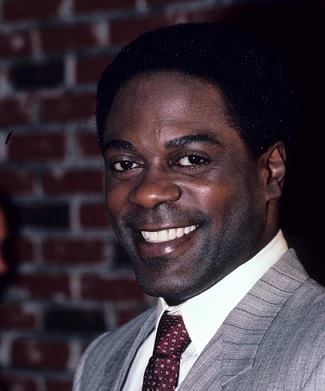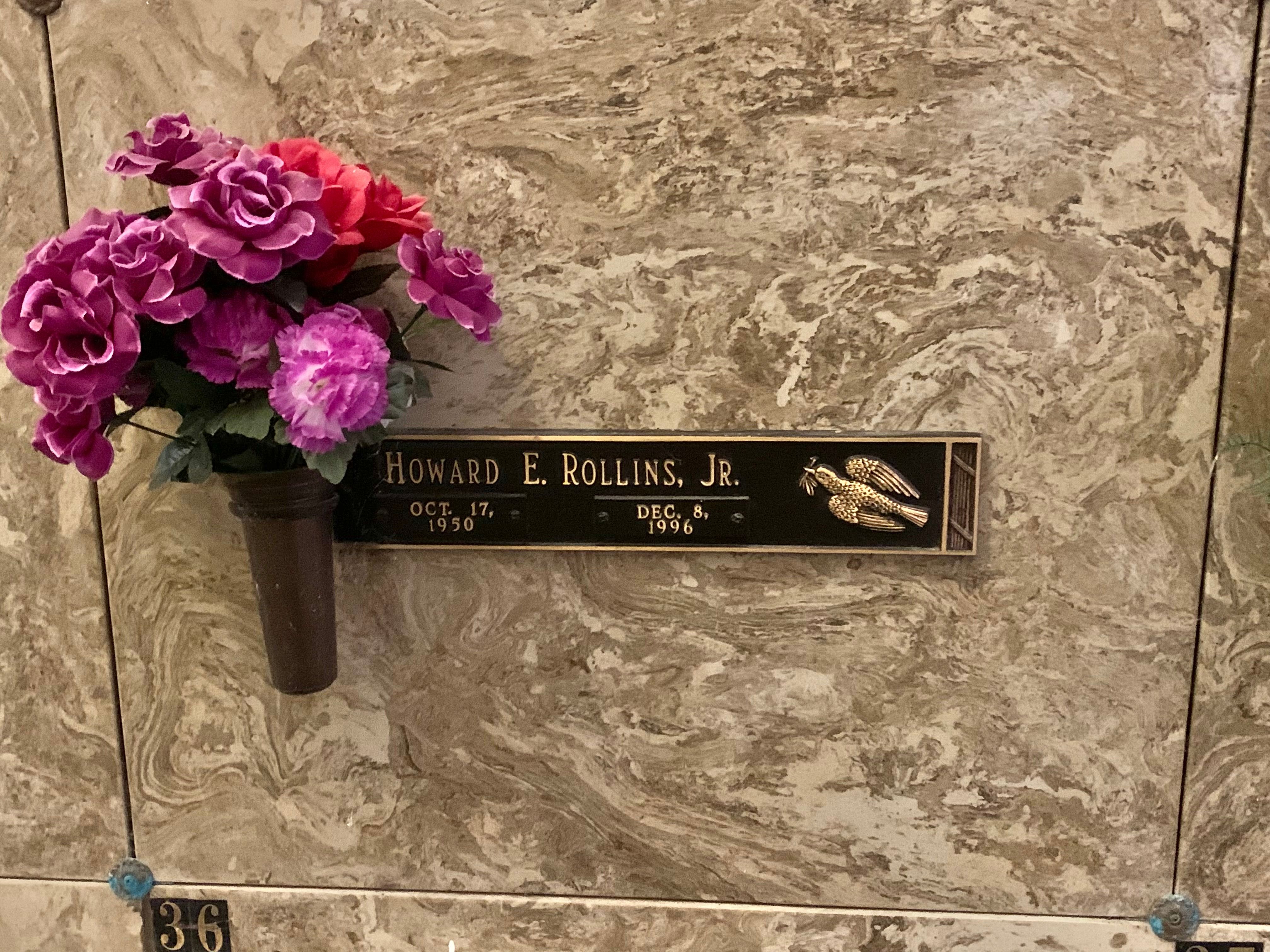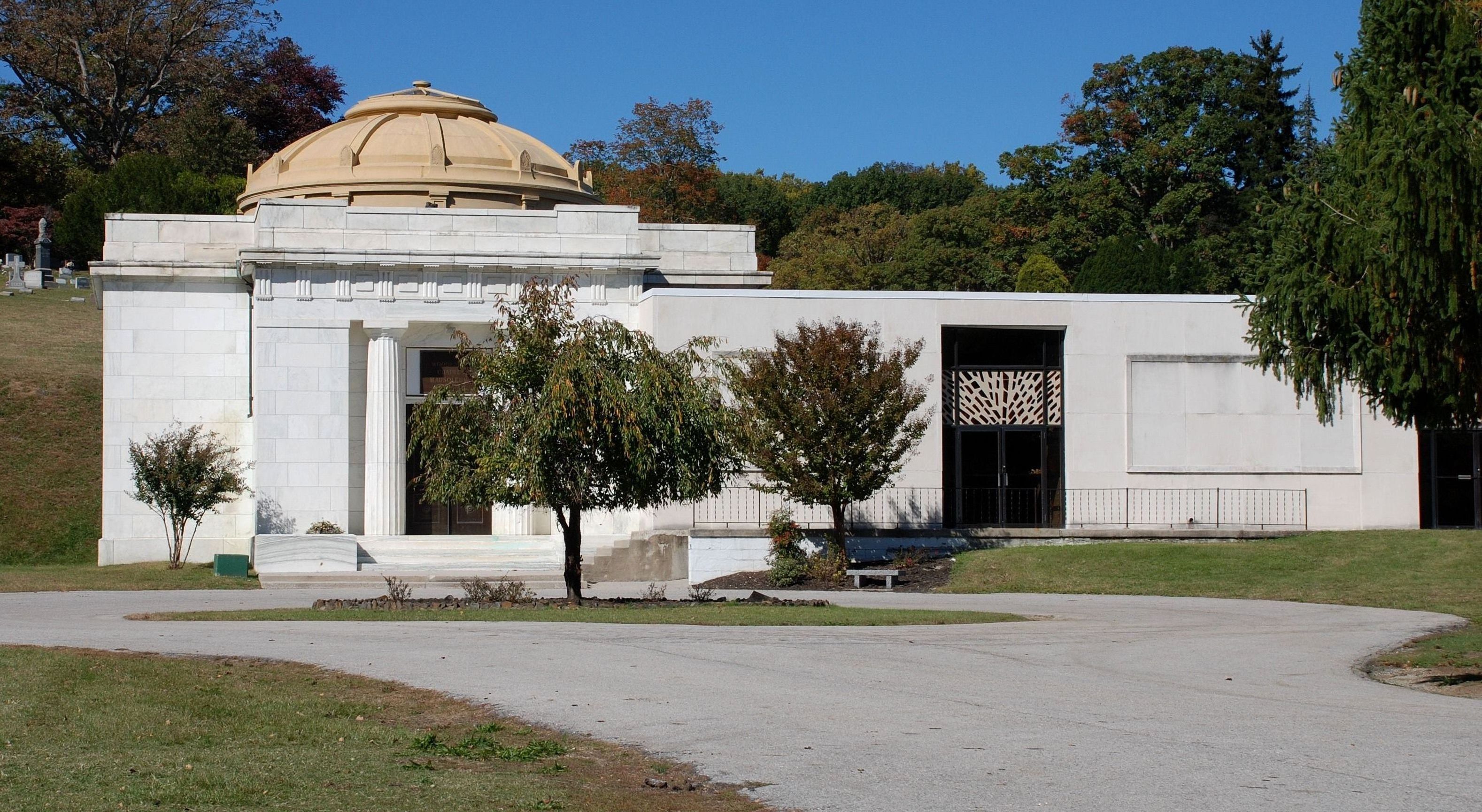Actor. He studied theater in Maryland at Towson State College, and appeared as 'Slick' in "Our Street," the first black soap opera. In 1964, he was nominated for an Emmy for Best Supporting Actor on the daytime soap opera for "Another World." In 1974, he left Baltimore, Maryland for New York City, New York to pursue his career in acting. In 1981, he was nominated for an Oscar (Best Supporting Actor) for his role as 'Coalhouse Walker Jr.' in the movie "Ragtime." On television, he became known for his role as 'Virgil Tibbs' in the television series adaptation of "In The Heat of the Night." Due to spending a month in jail in 1993 and continuous legal issues, he was later dropped from the cast. In 1995 he made his final feature film, "Drunks." The actor Howard E. Rollins Jnr made his film debut in Milos Forman's Ragtime (1981) as Coalhouse Walker, the cool, sophisticated ragtime pianist who becomes head of a group of black revolutionaries. Variety praised his "staggeringly effective portrayal of conscience-wracked pride" and "intense screen magnetism that bodes instant stardom".
For a time it looked as if Rollins would become Sidney Poitier's successor. However, in spite of unanimous praise from the critics, and an Oscar nomination for Best Supporting Actor (which he lost to John Gielgud in Arthur), Rollins made only one other film appearance. This was A Soldier's Story (1984), adapted by Charles Fuller from his stage play, and directed by Norman Jewison, who had made Sidney Poitier's In the Heat of the Night (1967). Rollins gave another memorable performance as the stylish, self-assured but intense Captain Richard Davenport, one of the first black officers in the US Army, who arrives in a racially segregated training camp in wartime Louisiana to investigate the murder of a black sergeant. But this time there was no Oscar recognition or any follow-up movie roles. Years passed before Hollywood felt ready to promote a serious black actor: Denzel Washington.
Rollins was born in Baltimore, Maryland, and upset his family when he dropped out of college to work full-time as an actor. He joined the cast of a television soap produced in Baltimore called Our Street, but his mother was not convinced he'd made the right choice. "Black folks just don't become movie stars," she told him. His father tried to persuade him to "get a good job".
Several years later he moved to New York, and gained valuable stage experience with the Player's Workshop. Television roles followed, including as the top US politician Andrew Young in the mini-series King (1978) about Martin Luther King, and as George Haley in Roots: the next generations (1979). He said that Ragtime transformed him overnight from a "no-name that nobody knew" to an Oscar-nominated Hollywood celebrity. In 1986, in an interview with Britain's leading black newspaper, the Voice, he reflected on his role as Coalhouse Walker in Ragtime: "He had been insulted and assaulted, so his efforts towards retribution were understandable. After he had exhausted all legal means, he was only left with the situation that if you don't understand, then I'll give you something to understand - and that is violence. The one parallel with my own life is fighting for what I want . . . in my case it's my career."
In the wake of his success in A Soldier's Story, there was talk of Rollins starring in a film about Nelson Mandela, as well as playing Othello with Al Pacino as Iago. Regrettably, neither project materialised. In 1986 Rollins came to London to appear opposite Paul Scofield in the West End production of I'm Not Rappaport and, in 1988, he took the lead in a television series based on Poitier's In the Heat of the Night. Sadly, he was written out of the series because of his addiction to drugs. Carl Weathers replaced him.
In the late 1980s, when asked about his infrequent film appearances, he explained: "I'm not turning down any work. I haven't been approached with anything substantial. I don't like to say it, but it can only be because I'm black. Why else wouldn't studios take advantage of an actor who's acknowledged as capable."
Stephen Bourne
Howard E. Rollins, actor: born Baltimore, Maryland 17 October 1950; died New York 8 December 1996.
Actor. He studied theater in Maryland at Towson State College, and appeared as 'Slick' in "Our Street," the first black soap opera. In 1964, he was nominated for an Emmy for Best Supporting Actor on the daytime soap opera for "Another World." In 1974, he left Baltimore, Maryland for New York City, New York to pursue his career in acting. In 1981, he was nominated for an Oscar (Best Supporting Actor) for his role as 'Coalhouse Walker Jr.' in the movie "Ragtime." On television, he became known for his role as 'Virgil Tibbs' in the television series adaptation of "In The Heat of the Night." Due to spending a month in jail in 1993 and continuous legal issues, he was later dropped from the cast. In 1995 he made his final feature film, "Drunks." The actor Howard E. Rollins Jnr made his film debut in Milos Forman's Ragtime (1981) as Coalhouse Walker, the cool, sophisticated ragtime pianist who becomes head of a group of black revolutionaries. Variety praised his "staggeringly effective portrayal of conscience-wracked pride" and "intense screen magnetism that bodes instant stardom".
For a time it looked as if Rollins would become Sidney Poitier's successor. However, in spite of unanimous praise from the critics, and an Oscar nomination for Best Supporting Actor (which he lost to John Gielgud in Arthur), Rollins made only one other film appearance. This was A Soldier's Story (1984), adapted by Charles Fuller from his stage play, and directed by Norman Jewison, who had made Sidney Poitier's In the Heat of the Night (1967). Rollins gave another memorable performance as the stylish, self-assured but intense Captain Richard Davenport, one of the first black officers in the US Army, who arrives in a racially segregated training camp in wartime Louisiana to investigate the murder of a black sergeant. But this time there was no Oscar recognition or any follow-up movie roles. Years passed before Hollywood felt ready to promote a serious black actor: Denzel Washington.
Rollins was born in Baltimore, Maryland, and upset his family when he dropped out of college to work full-time as an actor. He joined the cast of a television soap produced in Baltimore called Our Street, but his mother was not convinced he'd made the right choice. "Black folks just don't become movie stars," she told him. His father tried to persuade him to "get a good job".
Several years later he moved to New York, and gained valuable stage experience with the Player's Workshop. Television roles followed, including as the top US politician Andrew Young in the mini-series King (1978) about Martin Luther King, and as George Haley in Roots: the next generations (1979). He said that Ragtime transformed him overnight from a "no-name that nobody knew" to an Oscar-nominated Hollywood celebrity. In 1986, in an interview with Britain's leading black newspaper, the Voice, he reflected on his role as Coalhouse Walker in Ragtime: "He had been insulted and assaulted, so his efforts towards retribution were understandable. After he had exhausted all legal means, he was only left with the situation that if you don't understand, then I'll give you something to understand - and that is violence. The one parallel with my own life is fighting for what I want . . . in my case it's my career."
In the wake of his success in A Soldier's Story, there was talk of Rollins starring in a film about Nelson Mandela, as well as playing Othello with Al Pacino as Iago. Regrettably, neither project materialised. In 1986 Rollins came to London to appear opposite Paul Scofield in the West End production of I'm Not Rappaport and, in 1988, he took the lead in a television series based on Poitier's In the Heat of the Night. Sadly, he was written out of the series because of his addiction to drugs. Carl Weathers replaced him.
In the late 1980s, when asked about his infrequent film appearances, he explained: "I'm not turning down any work. I haven't been approached with anything substantial. I don't like to say it, but it can only be because I'm black. Why else wouldn't studios take advantage of an actor who's acknowledged as capable."
Stephen Bourne
Howard E. Rollins, actor: born Baltimore, Maryland 17 October 1950; died New York 8 December 1996.
Family Members
Advertisement
See more Rollins memorials in:
Records on Ancestry
Sponsored by Ancestry
Advertisement







